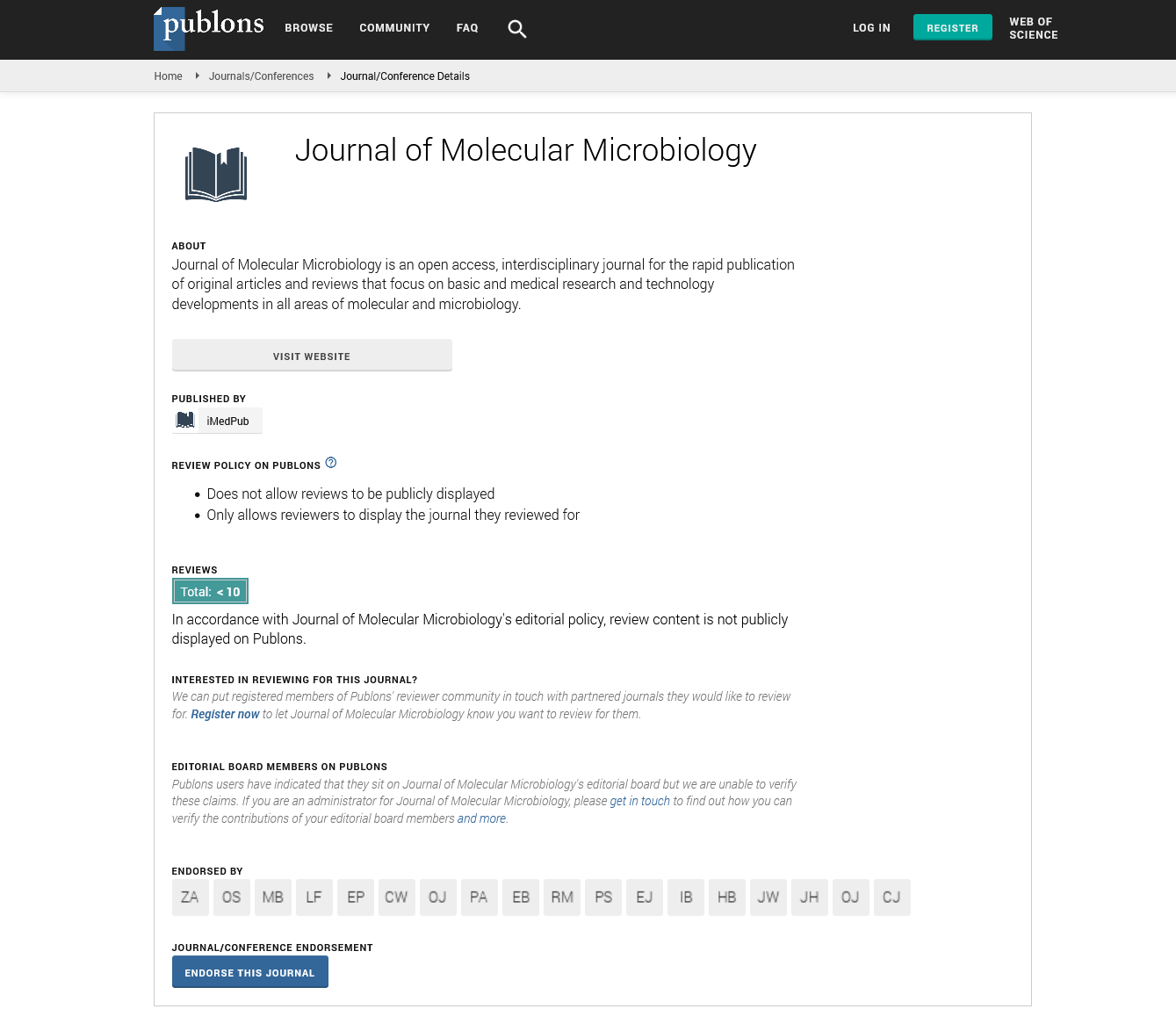Abstract
A model and guide for Blood coagulum-OMICS
Introduction:
The NHS will be a world-leading healthcare organization to predict and diagnose inherited and acquired disease, and to personalize treatment and intervention. This program was designed to validate and quality manage the introduction of Blood Coagulum- OMICS and verify genomic, viscoelastic, and proteomic predictive value for hemostasis and thrombosis.
Background:
In 2014, a Patient Blood Management program was overseen by a national governance representative, sponsored by an anesthetic lead and edited by an MHRA inspector who stated “this program is suitable for the NHS”. In 2017, that program was posted to the hemostasis and thrombosis, National External Quality Assurance Scheme and then to the British Blood Transfusion Society, in the UK.
Study:
The conclusion read as “scientific specialists are now firmly planted in the realms of clinical effectiveness, interfacing clinicians on the governance board. We must now accelerate the PBM Quality Assurance network to control risk from genomic and proteomic explosions in personalized medicine. Quality assures our technological advances from end to end of the surgical examination phase and control our pharmacological breakthroughs in support of healthcare clinicians.
Program Development:
On the 4th of July 2017, Professor Dame Sally, the Chief Medical Officer of the UK called on the NHS to provide access to genomic sequencing, as standard. This followed studies that realised genome models to pre-empt a bleed or thrombotic event. Meanwhile coagulation and fibrinolysis elasticity reference ranges to monitor a clinical event or target a therapy are developing, at a time when coagulation proteomics have passed proof of concept.
Conclusion: This second program on Blood Coagulum-OMICS was designed to stop the bleed and thrombotic event by improving the predictive value in pre-examination and examination phases. A program for Blood Coagulum-OMICS is a minimum standard for
haemostasis and thrombosis and requires consideration by the International Organisation for Standardisation.
Author(s): James Andrew Henry
Abstract | PDF
Share This Article
Google Scholar citation report
Citations : 86
Journal of Molecular Microbiology received 86 citations as per Google Scholar report
Journal of Molecular Microbiology peer review process verified at publons
Abstracted/Indexed in
- Google Scholar
- Publons
Open Access Journals
- Aquaculture & Veterinary Science
- Chemistry & Chemical Sciences
- Clinical Sciences
- Engineering
- General Science
- Genetics & Molecular Biology
- Health Care & Nursing
- Immunology & Microbiology
- Materials Science
- Mathematics & Physics
- Medical Sciences
- Neurology & Psychiatry
- Oncology & Cancer Science
- Pharmaceutical Sciences
